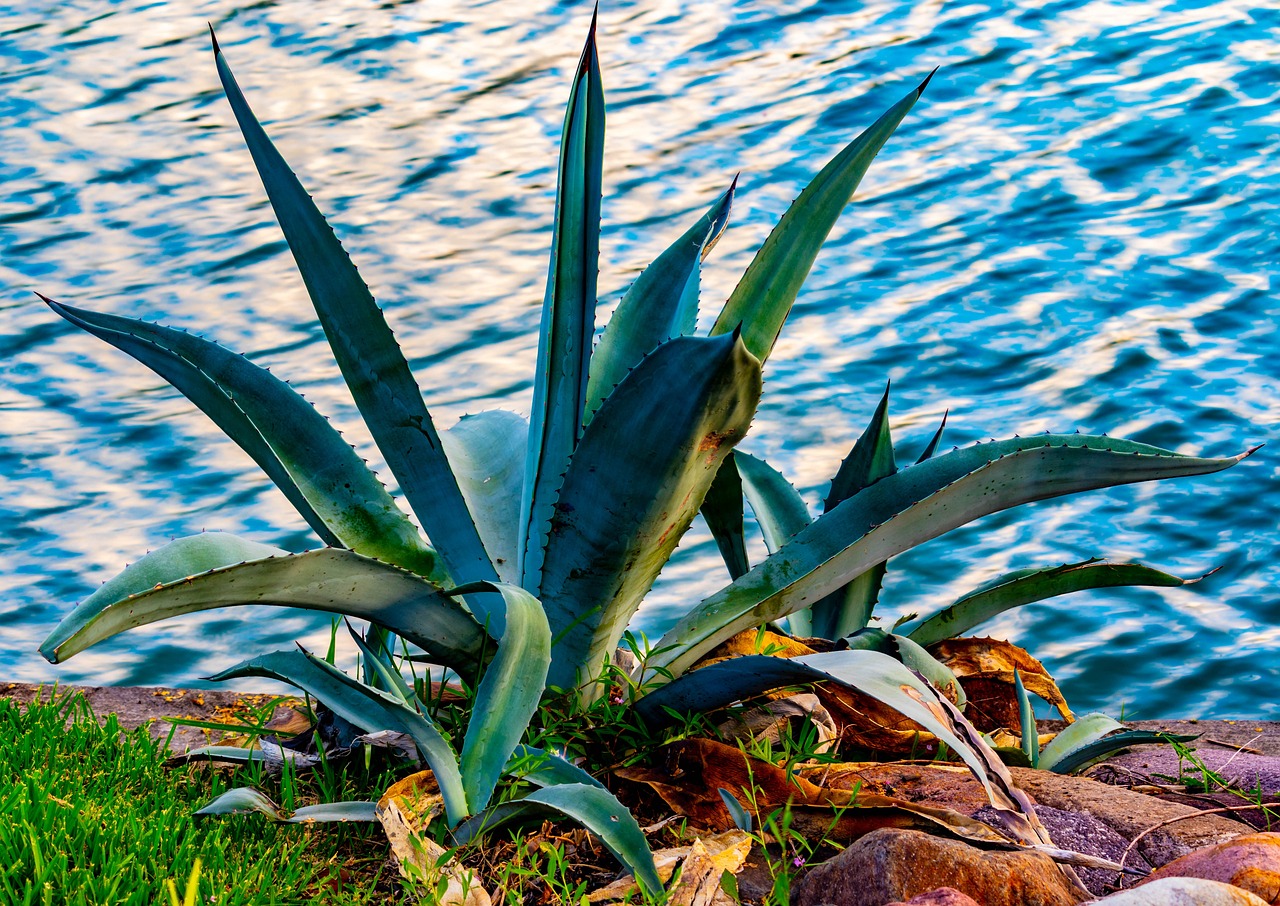
Tequila Day: The drink of Mexican origin continues to gain popularity in the U.S.
The tequila industry seeks to reduce the environmental problems that have been generated by the overproduction of this liquor.
Yesterday, July 24, Tequila Day was celebrated in the United States, a date that, although it does not have historical significance, celebrates the popularity of this drink in North American territory.
Made from the Weber's blue agave plant in certain parts of Mexico, its production has been on the rise in recent years.
According to NielsenIQ data shared by USA Today, sales of this liquor in the U.S. increased 7.3% during 2022, and so far in 2023 it has increased 6%.
It can only be produced in Mexico
After a series of failed attempts to replicate the drink's recipe in different parts of the world, since 1974 the tequila has had the designation of origin, which gives it international protection so that it can only be produced in Mexico.
Its arrival in the U.S. occurred during the Chicago World's Fair in 1893, a visit that was here to stay and that did not stop even during the prohibition of the 1920s.
Around the 1970s, tequila was consumed throughout the North American territory, a process that was aided by the popularity of margarita cocktails and by the 1972 tour of the British band, Rolling Stones, which associated their image with the drink, Becoming a Sustainable Industry.
Sustainable Growth
According to the EFE agency, given the growing overproduction of the agave plant and the environmental problems that this has generated in five states of Mexico, the tequila industry generated the ARA (Environmental Responsible Agave) certificate, an initiative to ensure that producers make the traditional Mexican drink without deforesting or modifying new natural areas.
RELATED CONTENT
Different investigations and communications from environmental organizations have denounced that the overproduction of the plant has generated two key problems. On the one hand, the invasion of protected ecosystems, and, on the other, the abandonment of crops as necessary as corn.
Although the Tequila Regulatory Council (CRT) does not seek to make the process mandatory, to date, 800,000 liters of tequila from six companies have been produced with ARA certification. The goal is that by 2027 all tequila is made with agaves that have not caused deforestation.
U.S. Sales Grow
Based on last year's search interest data from Google Trends to determine the most popular liquor type, liquor brand, and celebrity liquor brand in each U.S. state, a study was recently conducted.
While whiskey or vodka are considered the most popular spirits in 33 different states, tequila was selected as the preferred alcoholic beverage in 4 states (California, Arizona, Texas, and New Mexico).
Happy National Tequila Day! Which cocktail are you toasting with? #NationalTequilaDay #AllForThePack pic.twitter.com/RayPYLLgaQ
— Lobos Tequila 1707 (@Lobos1707) July 24, 2023
The 10 best-selling tequila brands
Drinks International gathered the 10 best-selling tequila brands in the best bars in the world:
- Don Julio – Founded by Don Julio González-Frausto Estrada in 1942, the company bills itself as the world's first premium luxury tequila. The label has become one of the most popular brands worldwide, topping the best-seller list for the sixth consecutive year.
- Ocho – This best-selling brand was the first to introduce the concept of terroir to tequila, noting the year of production and the location of agave selection on each label, proving that each batch is unique.
- Patrón – One of the most popular tequila brands on the market, the original Patrón began production at one of Mexico's oldest distilleries, Casa 7 Leguas. Strict quality control standards are the foundation of the label's success, as only the highest quality agave plants come from a small network of family growers and are carefully selected for production.
- José Cuervo – It is owned and operated by the Beckmann family, who are related to Don José Antonio de Cuervo himself. The brand began its rise in the U.S. in the post-Prohibition 1940s, when smuggling tequila from Mexico became popular in the American Southwest.
- El Jimador – El Jimador is named after the tequila producers who have worked the soils of Jalisco for generations. The label's agave fields are located in Amatitán, and the spirits are double-distilled and 100% bottled.
- Olmeca Altos – Created by bartenders Henry Besant and Dre Masso in partnership with Maestro Tequilero Jesús Hernández, Olmeca Altos produces Plata, Reposado and Añejo tequilas at the Colonial Jalisco Distillery in Los Altos.
- Espolòn – Located in the Los Altos region of Jalisco, is a multi-award winning brand with a somewhat unique approach to making tequila: cutting agave hearts into four pieces instead of two, playing rock music during the fermentation process, and aging in smaller-than-average oak barrels.
- Arette – The up-and-coming tequila brand is the oldest distillery in the region.
- Calle 23 – Clearly speaking of emotional connections, this brand is founded on passionate principles centered on quality and the art of producing tequila.
- Herradura – This emerging brand is located near the base of a volcano in Mexico and is committed to using 100% hand-harvested Blue Weber agave.
Canned cocktails like José Cuervo Sparkling Margaritas and tequila-infused sodas from popular brands like High Noon and Topo Chico have also become all the rage in the growing ready-to-drink category.











LEAVE A COMMENT:
Join the discussion! Leave a comment.